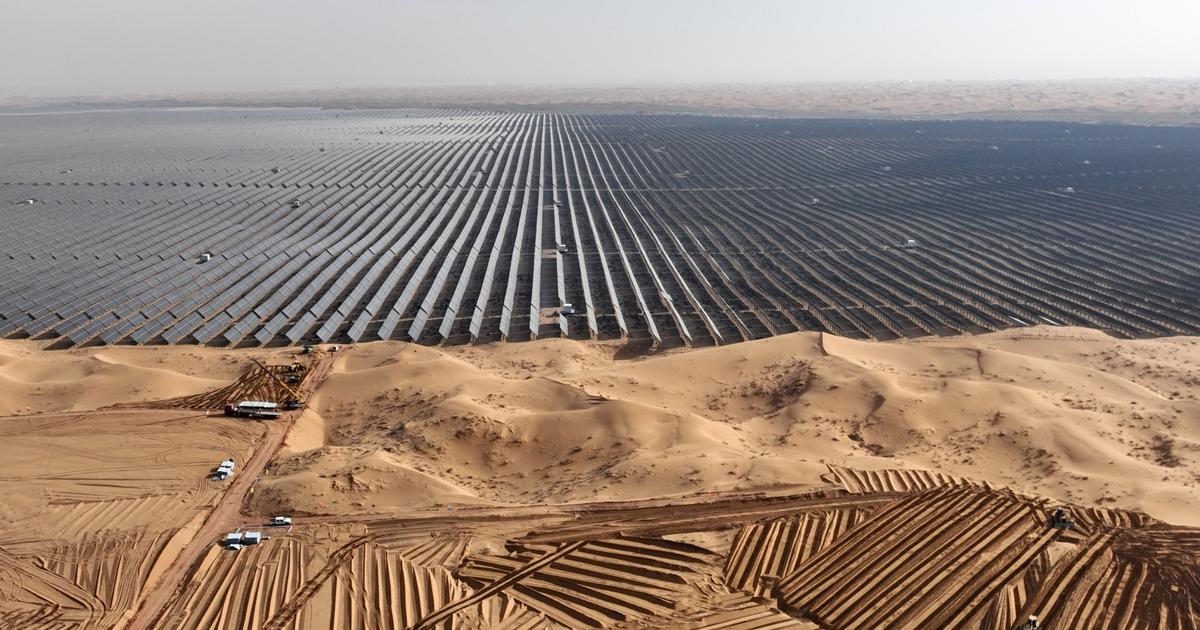The carbon leakage could become a stress test for government and utilities. According to an analysis by the management consultancy Oliver Wyman, wholesale electricity prices threaten to rise significantly by 2022 - from an average of around 40 euros per megawatt hour in 2018 to more than 65 euros. Foreign electricity imports could more than double over the same period.
"The time of low electricity prices is over," says Jörg Stäglich, energy expert at the management consultancy. "At the same time, the carbon exit will increase volatility and we will see price jumps and subsequent corrections."
Consumers will feel this increase clearly - but no one has to fear that its electricity suddenly costs one and a half times. After all, the generation and sale of electricity account for only around one fifth of the retail price. In addition, there are network charges, taxes and the so-called EEG surcharge, with which consumers co-finance the expansion of renewable energies in Germany. These fees have often increased in recent years as well.
The forecast available to SPIEGEL is based on a model calculation that simulates the development of the German electricity market. Among other things, the model depicts the performance of all power plants and their operating costs; It also takes into account the expansion of renewable energies, storage and price forecasts, which electricity network operators have used in their so-called grid development plan.
The recommendations of the expert commission "Growth, employment, structural change" for the coal exit are also included in the calculations. This so-called coal commission was used to develop a socially acceptable consensus for the coal exit. The Federal Government has announced that it will largely follow the proposals of the experts.
Fast start at Kohlaususstieg
Oliver Wyman explains the price surge until the end of 2022 with the idea that the coal exit should start at a fairly high pace. According to the recommendation of the commission, kilns with an output of around 12.5 gigawatts should be shut down by 2022. At the same time, the remaining nuclear power plants are to be shut down by the end of 2022.
From 2023 to 2029 average electricity prices could fall back to about 45 euros per megawatt hour, according to the calculations of the management consultancy, because the incentive to build new gas-fired power stations is rising and the electricity supply is thus increasing again. If subsidies are granted, the expansion of electricity storage facilities and power-to-gas plants could also take precedence.
By 2038 - the year in which the coal exit is to be completed - electricity prices are likely to settle at a level of around 50 €, it continues in the analysis.
Price volatility is likely to increase with increasing share of renewables: in times of high green electricity production, prices are likely to fall to zero or even negative. When the sun is not shining and the wind is not blowing, "very high prices" are to be expected.
The revenues for power plant operators are likely to decline more and more, writes the management consultancy. Because the periods in which their plants are still needed, would gradually smaller and smaller.
"The later the law comes, the tighter the electricity could become"
The federal government wants to present its law for the coal exit this year. As SPIEGEL learned from government circles, the Cabinet is currently seeking to finalize the draft on November 20. Five environmentalists, who belonged to the coal commission until January, accuse the competent Minister of the Economy, Peter Altmaier, of delaying the coal withdrawal.
The energy experts of Oliver Wyman also think it makes sense to pass the law quickly. "As long as the law does not exist, power plant operators have no planning certainty," says co-study author Thomas Fritz. This threatens to delay the construction of new gas-fired power plants. "The later the law comes, the tighter the electricity could become in the coming years," says Fritz. "Electricity prices would rise even worse in the worst case scenario."
Overall, Stäglich sees two important requirements of the energy transition endangered: the affordability of energy and the security of supply. "Politics and the energy industry must act swiftly to counteract," warns the expert.
With regard to the price of electricity, the coal commission recommended in its final report to relieve companies and private households. This is possible, for example, through a reduction in network fees, which can make up about one fifth of the electricity price for private households.













